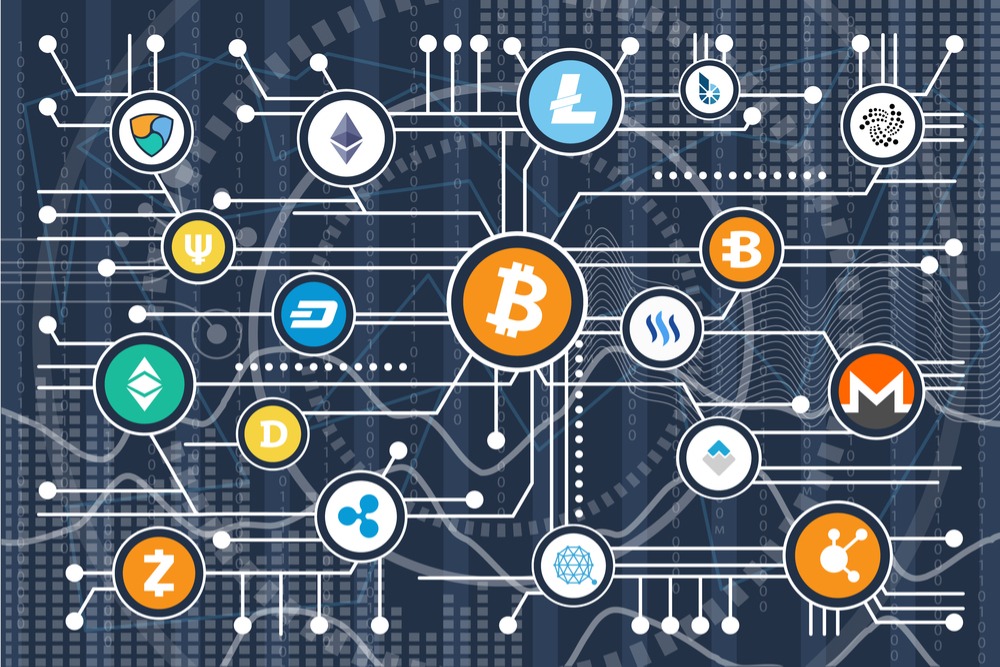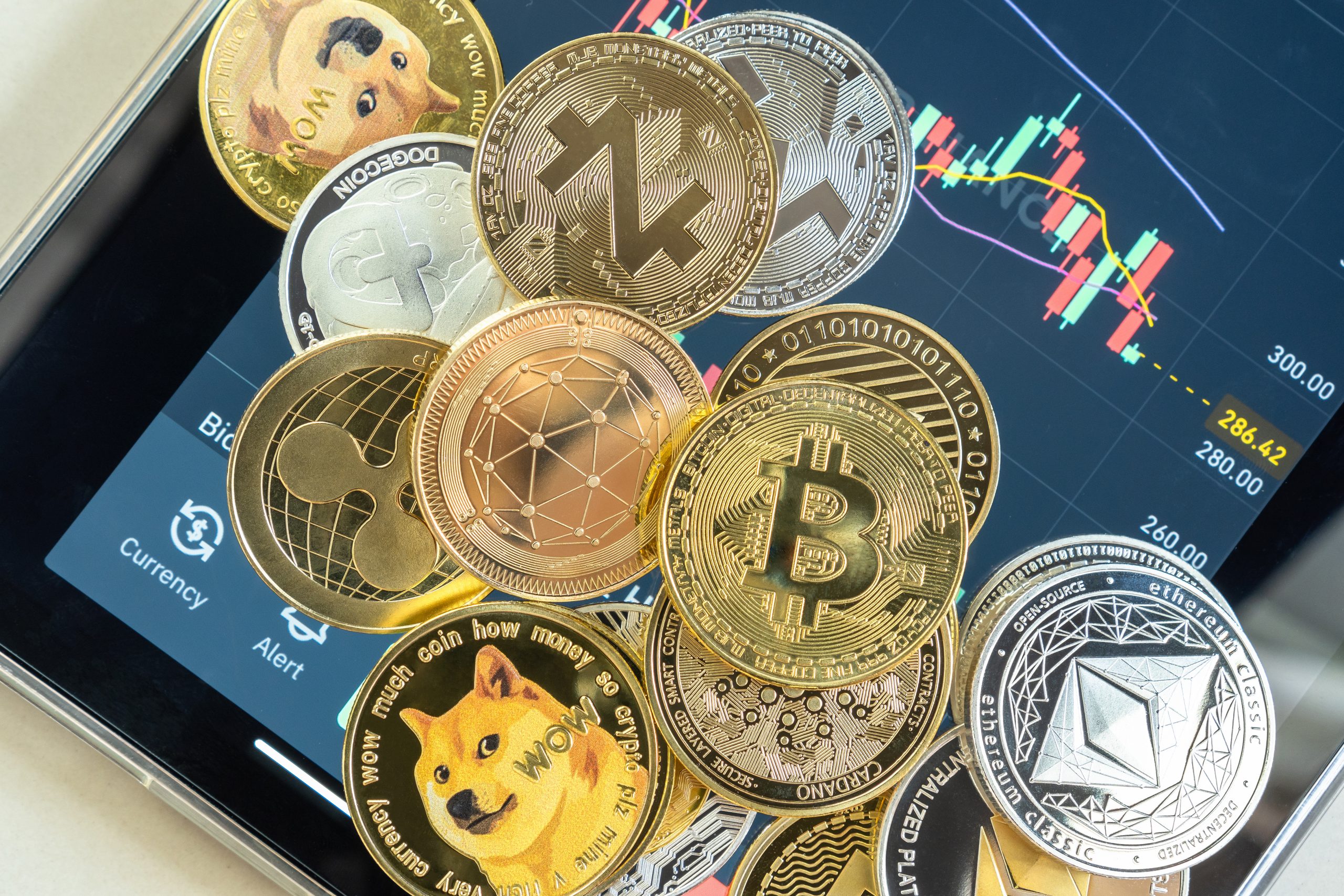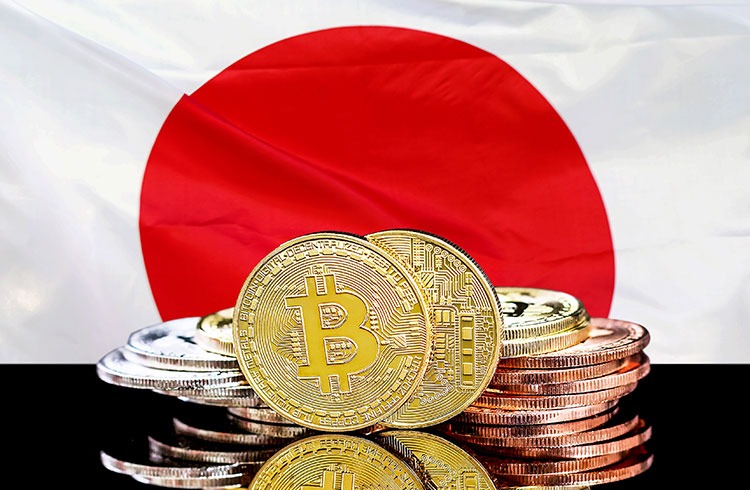Table of Contents
When it comes to crypto exchanges, there are two different kinds of crypto exchanges that the investors should be aware of before going into any kind of investments whatsoever. The difference between the two lies in the ownership and control. As the name sounds, centralized and decentralized, it is the central authority or the third party entity, that controls the centralized crypto exchange, whereas, in case of decentralized crypto exchanges, there are no third-party entities controlling the transactions; it is the buyers and sellers themselves who are interacting among themselves on a peer to peer basis. Let us discuss the difference between the two in detail below.

Decentralized vs. Centralized Exchanges
A decentralized crypto exchange, which is more commonly known as the DEX, is more like a market place for blockchain investments and cryptocurrencies that are entirely open source. Nobody controls the DEX; rather, they are controlled by the buyers and sellers themselves on a peer to peer platform using the blockchain technology. It is more like a DIY trade solution, where traders are solely responsible for holding their trade instruments and funds, and so the safety of their funds lie entirely on themselves, they cannot entrust the responsibility on any third party.
On the other hand, a centralized cryptocurrency exchange works more like a brokerage house, where the traders deposit their funds in an account, and the exchange executes trades on their behalf. The exchange does all the work to execute a successful trade on behalf of the traders, taking responsibility for all the risks associated with it. Mostly these centralized exchanges are insured and regulated, and so they are sometimes regarded as the best option for the investors.
Why Use a Decentralized Crypto Exchange?
Sometimes, the investors find it more beneficial to invest in decentralized cryptocurrency exchange, and the reasons are manifold. Here are some of the reasons discussed that clearly explain why the decentralized crypto exchanges are favored the most.
No exchange dependency
As in the case of decentralized crypto exchanges, the buyers and the sellers can interact among themselves directly; there is no need to depend on the exchange or even trust their honesty when it comes to holding the funds. The funds are held by the traders themselves in their personal wallets and not with the exchange. Therefore, the security of the funds depends entirely on the traders and not on the exchanges.
Anonymity
The decentralized crypto exchanges work on the blockchain technology that does not require the traders to reveal any personal information to any third party, which in turn mitigates the risks of fraud and theft of data or funds. To be more precise, no account information is shared with the exchange operator, and you are the sole controller of your account.
No server downtime
The DEX hosts over a wide variety of nodes, so there is no chance of any server downtime affecting the transactions. There is also no chance of the server getting hacked, as the decentralized crypto exchanges operate all over the Cloud system through multiple nodes.
The Pros & Cons of Decentralized Crypto Exchange
Despite the manifold benefits that the DEX assures, it has its downsides also. Some of the pros and cons of the DEX are discussed hereunder.
PROS
- A DEX is faster than its centralized counterpart, as the traders are themselves executing trade without the exchanges taking any part in the trade.
- The traders can enjoy the utmost privacy of their data and funds as they are not required to share any details with the exchange operators.
- Only the traders themselves can have access to their accounts, so there are lesser chances of their accounts being hacked.
- There are no issues of server downtime creeping over DEX.
CONS
- More responsibility to handle trades as everything, starting from placing a trade and transferring funds are done by the traders themselves without the exchanges taking any active role.
- Limited services are available on the DEXs; there are no options for services like margin trading, stop losses, trading involving fiat currencies, crypto affiliate program which are otherwise available on the Centralized exchanges.
- No customer service is available as such, where the traders can contact in times when they face issues with trading.
- A DEX, at times, is more expensive than its centralized counterpart.
Conclusion
Therefore, investors should decide where they want to invest, taking the pros and cons into consideration because both the centralized and the decentralized crypto exchanges have their own sets of pros and cons.
You may also like: Times Square pushes for Silk Road founder’s release
- 🚀 Bitcoin Price Analysis – December 27, 2024: The Holiday Hangover Edition 🎄📉 - December 27, 2024
- What Could Bitcoin’s Price Be in 25 Years? A Lambo or Just a Latte?” 🚀💸 - December 23, 2024
- Solana Price Analysis – December 18, 2024: The Slippery Slope of SOL 🚀📉 - December 18, 2024























